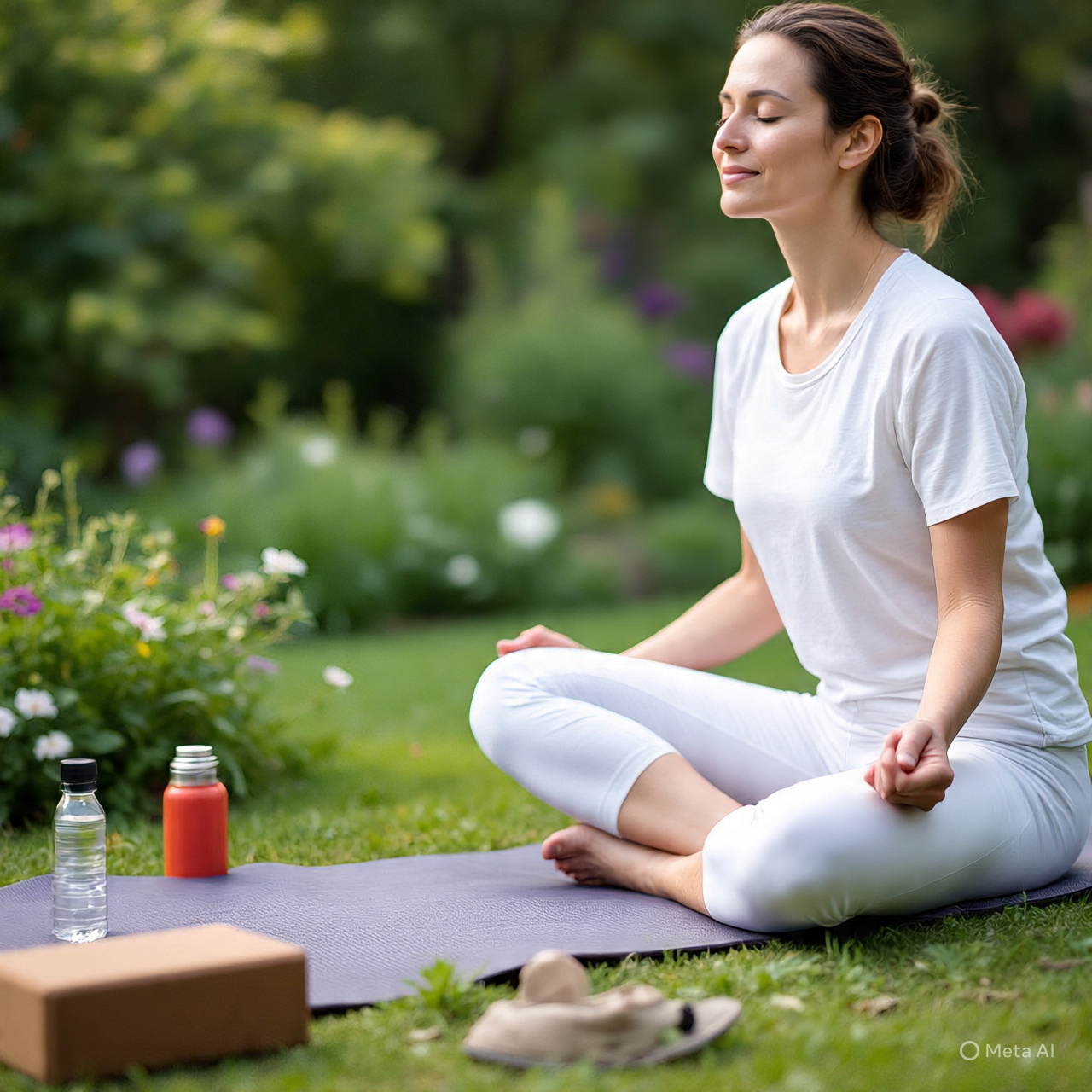Wellness is more than just the absence of illness—it’s a balanced approach to physical, mental, and emotional health. Holistic wellness focuses on treating the mind, body, and spirit as interconnected components, creating a foundation for long-term well-being and happiness. This article explores proven holistic wellness practices that can enhance your physical and mental health and help you lead a more fulfilling life.
Exercise is a cornerstone of holistic wellness, benefiting both body and mind.
- Engage in moderate exercise like walking, jogging, swimming, or yoga.
- Include strength training and flexibility exercises for a balanced routine.
- Aim for at least 30 minutes daily.
Benefit: Improves cardiovascular health, muscular strength, energy levels, and mood.
Mindfulness encourages awareness of the present moment, reducing stress and anxiety.
- Spend 5–15 minutes daily in meditation or deep breathing.
- Focus on breathing exercises or guided meditation apps.
- Incorporate mindfulness in daily activities like eating or walking.
Benefit: Enhances mental clarity, emotional resilience, and overall happiness.
Nutrition is crucial for holistic wellness, fueling your body and supporting brain health.
- Include fruits, vegetables, lean proteins, whole grains, and healthy fats.
- Avoid processed foods, excessive sugar, and trans fats.
- Practice mindful eating by paying attention to hunger cues.
Benefit: Promotes physical health, mental focus, and sustained energy.
Sleep is essential for body repair, brain function, and emotional well-being.
- Maintain a consistent sleep schedule.
- Create a calm, dark, and quiet environment.
- Avoid caffeine, screens, and heavy meals before bedtime.
Benefit: Restful sleep enhances mental clarity, physical recovery, and mood regulation.
Managing stress is vital for long-term wellness.
- Deep breathing exercises to calm the nervous system.
- Journaling or reflective writing to process emotions.
- Mindful breaks during work or study to reset focus.
Benefit: Reduces anxiety, improves emotional resilience, and boosts energy.
Strong relationships are essential for emotional and mental wellness.
- Spend time with family and supportive friends.
- Engage in community or interest-based groups.
- Practice active listening and empathy in conversations.
Benefit: Enhances emotional support, happiness, and stress management.
Continuous learning contributes to mental stimulation and personal fulfillment.
- Read books, attend workshops, or take online courses.
- Set personal goals for skill development.
- Reflect on achievements and growth regularly.
Benefit: Supports cognitive health, self-confidence, and overall satisfaction.
Holistic wellness includes taking care of yourself emotionally and physically.
- Take short breaks during the day for relaxation or hobbies.
- Enjoy activities like spa treatments, meditation, or nature walks.
- Avoid overcommitment and set healthy boundaries.
Benefit: Improves mental resilience, relaxation, and energy.
Spending time outdoors improves both mental and physical health.
- Go for daily walks in parks or green spaces.
- Practice outdoor yoga or mindful breathing.
- Engage in gardening or eco-friendly activities.
Benefit: Boosts mood, reduces stress, and enhances overall wellness.
A positive attitude supports emotional well-being and resilience.
- Practice gratitude daily by acknowledging what you’re thankful for.
- Replace negative thoughts with constructive affirmations.
- Surround yourself with inspiring people and environments.
Benefit: Enhances mental clarity, happiness, and the ability to handle challenges.
Holistic wellness integrates physical, mental, and emotional health, creating a balanced approach to life. By prioritizing exercise, nutrition, sleep, mindfulness, social connections, and self-care, you can enhance your overall well-being. Incorporating these practices into your daily routine will help you maintain energy, reduce stress, and achieve a happier, healthier lifestyle.
